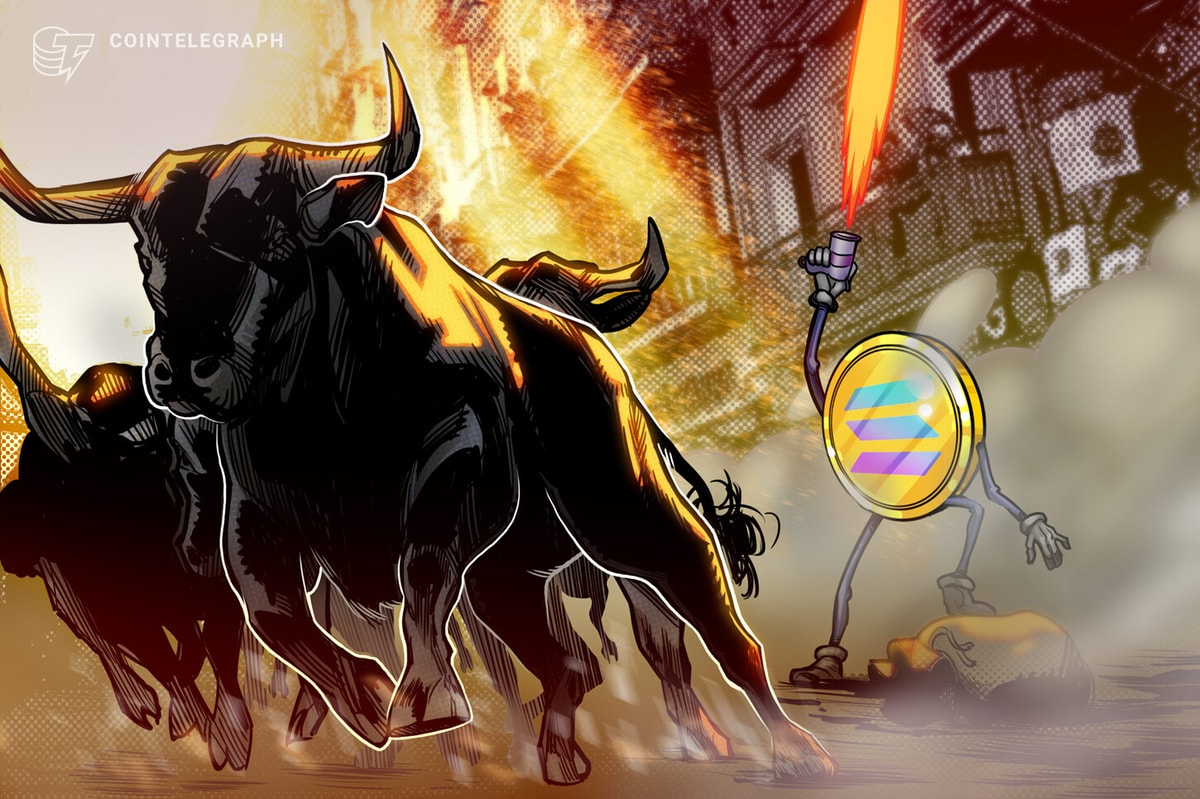
On July 19th, Bitshares announced that its Hong Kong-based partner DACS Unlimited is launching the first official, live Bitshares X chain. Bitshares X is the stock- and commodities-focused product of Bitshares, which aims to be a multipurpose platform for distributed versions of everything from insurance to music retailing.
This makes Bitshares, arguably, the first functional iteration of what’s known as a Distributed Autonomous Corporation – essentially, a distributed, centreless system much like the Bitcoin network, but able to execute commands more complicated than ‘buy’ and ‘sell,’ and with a wider variety of resources. That could mean this counts as a victory for Bitshares over its main conceptual competitor, Ethereum, a DAC platform that is still in the proof of concept phase.
However, there are some reasons to be skeptical of Bitshares’ implementation of the DAC concept for commodities and stock trading. I’ve had a few conversations with Bitshares founder Dan Larimer about how Bitshares-X gets these assets onto the blockchain, and what it boils down to is this: When you place buy or sell orders through Bitshares-X, the DAC matches you up to others that have a matching opposite order, but there’s no substantive requirement that anyone involved actually owns the asset in question. Traders have to keep digital currency on the chain that matches the value of any commodity they’re ‘trading,’ and all trades settle within the blockchain based on real-world market closings, but if you actually want to buy gold via Bitshares-X, you’re SOL.
Ultimately, this makes Bitshares-X a digital version of a bucket shop. These institutions, popular among the lower classes in the 19th and early 20th century, took bets on the movements of stock and commodities prices without actually being engaged in the stock market directly. You could certainly make the argument that even ‘proper’ options trading on Wall Street is little more than glorified gambling, but in the case of the bucket shops, and now Bitshares-X, that’s literally true.
Aside from the conceptual fudging behind calling this activity “trading,” whether it’s actually legal seems pretty murky – bucket shops are illegal in the United States, where Bitshares is based. If regulators have had so much trouble getting their head around the decentralized, nearly unregulatable trading of digital currency, how much of a tizzy are they likely to go into when people start trading unregulated stock derivatives?
On the other hand, this may be a transitional phase while Bitshares’ founders and community integrate their promising DAC technology into a more conventional infrastructure. After all, the stocks being traded on the NYSE aren’t particularly tangible, either – they just happen to be undergirded by a much more robust legal and social infrastructure. On the off chance that existing trading institutions let technology like Bitshares survive, DAC-based asset trading could be at least as revolutionary as Bitcoin itself.










